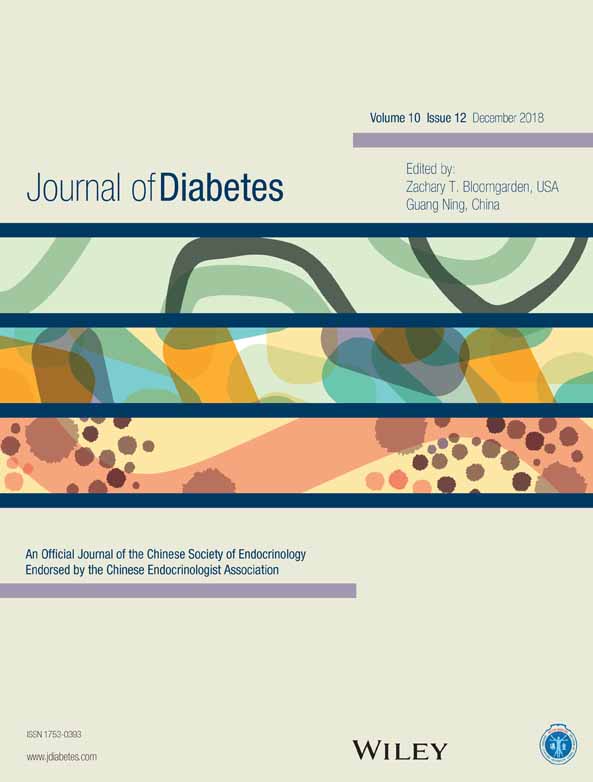Glycemic control is related to cognitive dysfunction in Chinese children with type 1 diabetes mellitus
中国1型糖尿病儿童的血糖控制与认知功能障碍有关
Abstract
enBackground
Type 1 diabetes mellitus (T1DM) is considered a risk factor for the development of cognitive difficulties. The present study examined whether the cognitive performance of Chinese children with T1DM differs from that of healthy control (HC) children, and whether cognitive dysfunction is related to glycemic control.
Methods
Using a cross-sectional design, cognitive tests were administered, including general intelligence tests, to pediatric T1DM patients (n = 105) and HCs (n = 90). The effects of specific diabetes-related variables, including an earlier diabetes onset (<7 years of age), severe hypoglycemia, chronic hyperglycemia, and diabetic ketoacidosis (DKA), on cognitive outcomes were examined.
Results
The T1DM group had lower IQ (P = 0.001) and attention (P = 0.018) scores than the HC group. Among T1DM patients, a younger age of diabetes onset was related to poorer performance on the visuospatial perception test (P = 0.017) and delayed logical memory (P = 0.012). Greater exposure to hyperglycemia over time was associated with lower visuospatial perception (P = 0.029), and DKA had a negative effect on the IQ score (P = 0.024). Compared with the late severe hypoglycemia subgroup, the early severe hypoglycemia subgroup (<7 years old) performed worse on both immediate (P = 0.001) and delayed (P = 0.049) visual memory tests.
Conclusions
Chinese children with T1DM showed deficits in IQ and attention. Earlier age of diabetes onset, chronic hyperglycemia, and DKA affected particular cognitive domains. Early exposure to severe hypoglycemia had negative effects on visual memory.
Abstract
zh摘要
背景
1型糖尿病被认为是认知困难发展的危险因素。本研究探讨了中国1型糖尿病儿童患者与健康对照者相比是否存在认知表现的不同, 以及血糖控制水平对1型糖尿病患儿认知功能障碍的影响。
方法
本研究采用横断面研究设计, 使用一系列认知测试(包括普通智力测试)来评估105名1型糖尿病儿童患者和90名健康志愿者的认知功能。分析与糖尿病相关的特异性变量, 包括早发型糖尿病(发病年龄< 7岁)、严重低血糖、慢性高血糖和糖尿病酮症酸中毒对认知结局的影响。
结果
1型糖尿病患者组的智商得分(P = 0.001)和注意力测试得分(P = 0.018)都显著低于健康对照组。在1型糖尿病患者组内, 早发型糖尿病患者的视觉空间感知测试(P = 0.017)和听觉言语记忆测试(P = 0.012)得分均显著低于晚发型糖尿病患者。更长时间的暴露于高血糖中与1型糖尿病儿童患者的视觉空间感知能力呈显著负相关(P = 0.029), 且糖尿病酮症酸中毒与1型糖尿病儿童患者的智商得分呈显著负相关(P = 0.024)。早发严重低血糖(严重低血糖发作< 7岁)的患儿的即时(P = 0.001)和延迟(P = 0.049)视觉记忆测试得分均显著低于迟发严重低血糖的患儿。
结论
中国1型糖尿病儿童患者有智力和注意力受损。发病年龄、慢性高血糖和糖尿病酮症酸中毒都会对患儿的认知功能造成不同的影响。严重低血糖早期发作会影响对患儿的视觉记忆。




